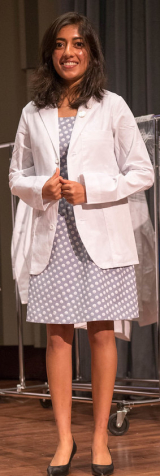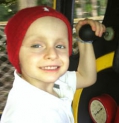Predicting Cytokine Release Syndrome before Chimeric Antigen Receptor Therapy in B Lymphoblastic Leukemia

Background
Chimeric Antigen Receptor (CAR) T cell Therapy was recently approved by the FDA for relapsed/refractory B lymphoblastic leukemia and represents a landmark moment in the history of oncology. This therapy employs autologous, re-engineered T cells to recognize and eradicate cancer cells that express CD19. The University of Pennsylvania and Children's Hospital of Philadelphia is a leading center of CAR T cell therapy and published the first studies using this therapy. We have treated over 150 which is the largest number of patients treated with CAR T cell therapy anywhere in the world. We will use already acquired data from these patients to address important questions in the field. Studies will be conducted under an IRB approved protocol. Though CART-19 therapy is very effective in treatment of leukemia, its widespread use is limited by the serious side effects such as cytokine release syndrome (CRS). The severity of CRS can range from low-grade fever and malaise, all the way to multi-system organ failure necessitating prolonged stay in specialized intensive care units. Prior data suggest that the severity of CRS is linked to amount of pre-treatment disease and the dose of CAR T cells infused.
Project Goal
We hypothesize that CD19 expression level on leukemic blasts is another important factor. We will collect these data from archived records on all patients who underwent CAR T therapy. Our first aim will be to determine how exactly the amount of pre-treatment disease, dose of CAR T cells and CD19 expression level correlate with severity of CRS in the clinical setting. We will then utilize a cell culture based system that will allow us to model CRS in the laboratory. This will involve mixing CAR T cells, CD19 expressing B cells and measure cytokine levels and cell killing in the laboratory. This will allow us to precisely determine the contribution of each factor in the development of CRS and help us refine CAR T cell therapies. This will help us to better predict CRS and refine CAR T cell therapy.
Mentored by Dr. Vinodh Pillai
Children’s Hospital of Philadelphia, Philadelphia, PA

